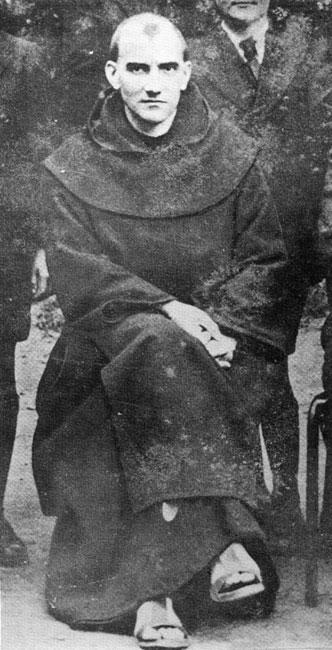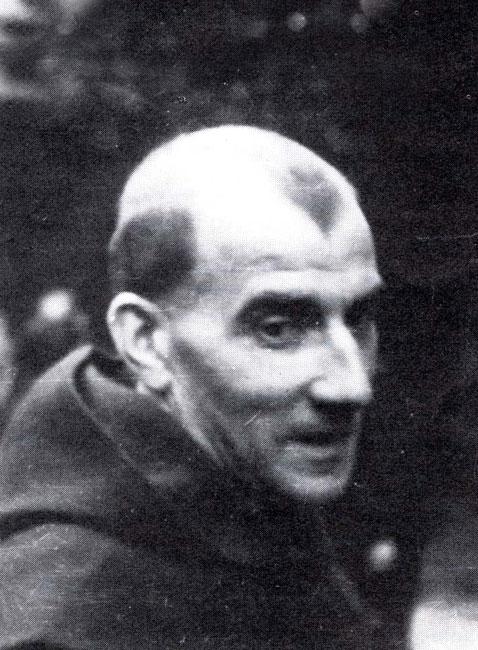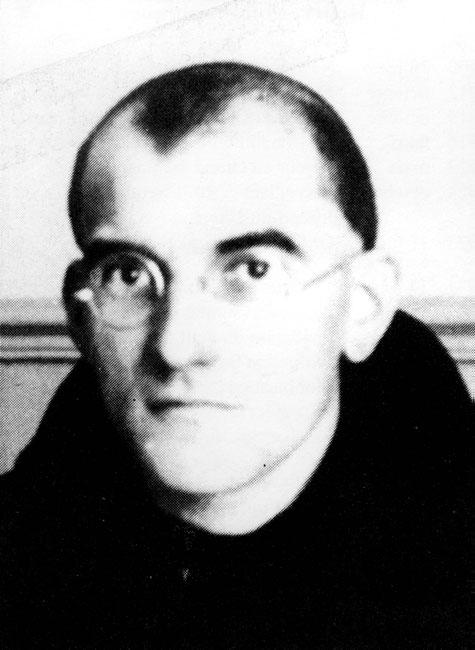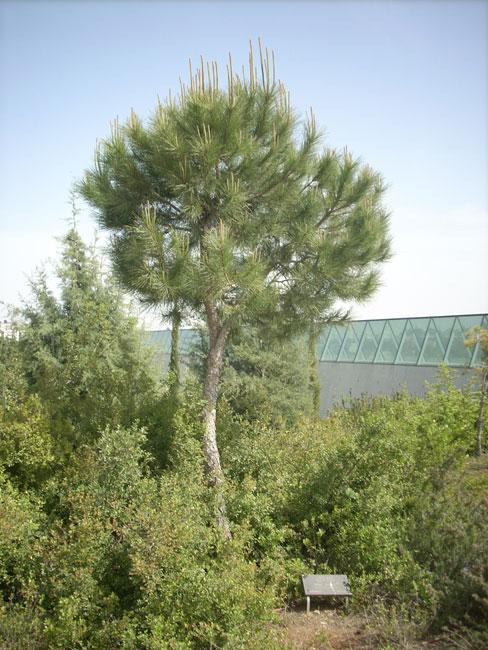







Sunday to Thursday: 09:00-17:00
Fridays and Holiday eves: 09:00-14:00
Yad Vashem is closed on Saturdays and all Jewish Holidays.
Entrance to the Holocaust History Museum is not permitted for children under the age of 10. Babies in strollers or carriers will not be permitted to enter.








Lucien Bunel, or Father Jacques, as he was know by everybody, was a Carmelite priest and the director of the Petit Collège des Carmes, in Avon, near Fontainebleau. Born in 1900, into a working class family in Normandy, he was ordained as a priest in 1925. In his first years as a priest he served in the St. Joseph seminar in Le Havre. While teaching religion and English to the students, he felt especially close to the port’s dock-workers and the people from the poor neighborhoods. In 1931 he entered into Carmelite novitiate, and three years later became the founder and director of the Carmelite boarding school.
During the occupation, he made the decision to open the institution’s doors to fugitives from German persecution. Three young Jews: Jacques Halpern, Maurice Schlosser, and Hans Helmut Michel, were admitted to the school, where they lived and studied under false names chosen by Bunel. Through the religious house of Notre Dame de Sion in Paris, the three boys, who were in desperate need for a safe place, were sent to Father Jacques, who first placed them with a family across the street from the school. Eventually he decided that it would be safer for them to reside at the school.
Father Jacques also hired Lucien Weil, a teacher of natural sciences, who had lost his job at the Lycée of Fontainebleau because of Vichy legislation regarding the employment of Jews.
On January 15, 1944, in response to an informer’s detailed and accurate information, the Gestapo appeared at the college gates. Without forewarning, they entered the classrooms and arrested the three Jewish students and Father Jacques, the school principal. The three boys were taken first to Drancy, the transit camp for Jews, and on 3 February 1944 were put aboard convoy No. 67 to Auschwitz. Among the 1,214 persons crammed into the boxcars were 184 children under age 18. Father Jacques was arrested and the college summarily closed by order of the Germans. Lucien Weil, his mother, and his sister were arrested at their house in Fontainebleau the same day. They were deported to Auschwitz, where they, too, perished.
It is reported by Colonel de Larminat from Fontainebleau, that shortly before his arrest, Father Jacques said: “I am sometimes accused of imprudence; I am told that since I am responsible for the children at the Petit College, I do not have the right to expose myself to possible arrest by the Germans. But do you not think that, if that happened and, if per chance I should be killed, I would thereby bequeath to my students and example worth far more than all the teaching I could give.”
Lucien Bunel was first interned in the prison of Fontainebleau, then deported to Mauthausen. He managed to survive until the liberation but, exhausted by the inhuman conditions of his imprisonment, he succumbed several days later. His body was returned to France and buried in the cemetery of Avon. Because this tragic account of rescue ended without survivors, it only came to light in the testimony of Hans Helmut Michel’s sister. According to her testimony, Father Jacques not only hid her brother but he also arranged two meetings for Hans and her during school recesses. In one meeting, she expressed her gratitude to Father Jacques and explained that she did not how and when she could pay the school tuition. Father Jacques replied that he expected nothing in return, neither then nor in the future. On the contrary, he would be pleased to see her brother continue his studies after the war until the matriculation examinations. Since the boy had no parents, Bunel would gladly take their place. Film director Louis Malle was also a student at the school. His film, Au revoir les enfants (Goodbye, Children), is based on his memories of the tragedy that befell Bunel and his three Jewish protégés.
In 1988 Louis Malle told a New York Times reporter: ''This was, for me, by far the strongest impression of my childhood, the memory that remains above all the others in vividness''. He told that he remembers how Father Jacques, as he was being led away with his three Jewish students, turned to the watching students and said: ''Au revoir et a bientot'' (Goodbye and see you soon.) Then, he said, “something took place that was very bizarre. Somebody started to applaud and then everybody was applauding, despite the shouts of the Gestapo to keep quiet”.
On January 17, 1985, Yad Vashem recognized Lucien Bunel, also known as Father Jacques, as Righteous Among the Nations.

Thank you for registering to receive information from Yad Vashem.
You will receive periodic updates regarding recent events, publications and new initiatives.

"The work of Yad Vashem is critical and necessary to remind the world of the consequences of hate"
Paul Daly
#GivingTuesday
Donate to Educate Against Hate


Worldwide antisemitism is on the rise.
At Yad Vashem, we strive to make the world a better place by combating antisemitism through teacher training, international lectures and workshops and online courses.
We need you to partner with us in this vital mission to #EducateAgainstHate
The good news:
The Yad Vashem website had recently undergone a major upgrade!
The less good news:
The page you are looking for has apparently been moved.
We are therefore redirecting you to what we hope will be a useful landing page.
For any questions/clarifications/problems, please contact: webmaster@yadvashem.org.il
Press the X button to continue



